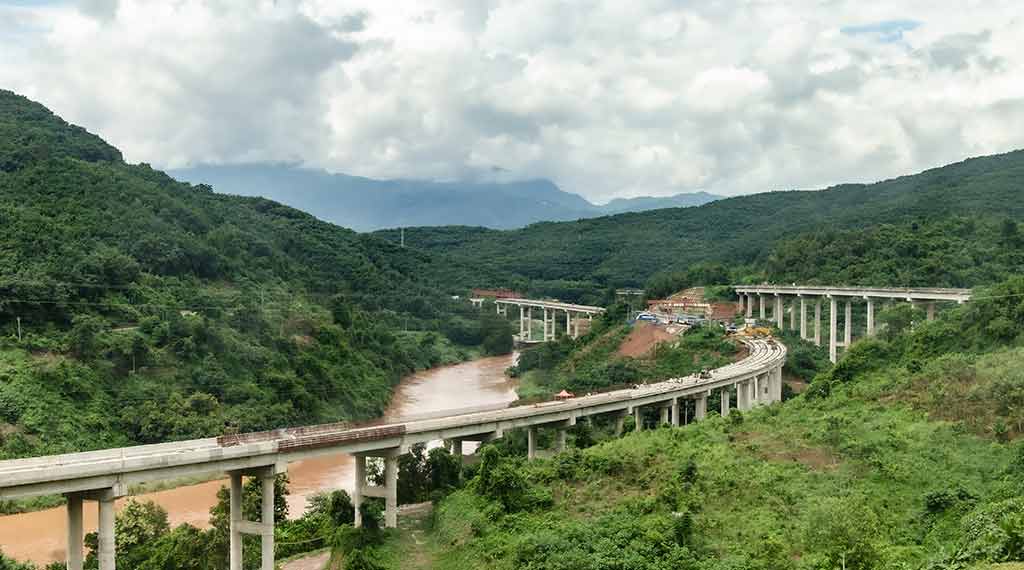China, Taliban deepen ties as Afghanistan joins Beijing’s infrastructure plan
By

Editor’s Note: This piece by
China, Pakistan, and the Taliban have decided to extend the Chinese Belt and Road Initiative (BRI) to Afghanistan during their fifth tri-party foreign ministers dialogue in Islamabad on May 6.
“The three sides reaffirmed their resolve to fully harness Afghanistan’s potential as a hub for regional connectivity. Reaffirming their commitment to further the trilateral cooperation under the Belt and Road Initiative (BRI), and to jointly extend the China-Pakistan Economic Corridor to Afghanistan,” said a joint statement released by Pakistan’s Ministry of Foreign Affairs two days later.
The announcement comes amid various developments in the South Asian region. Multiple experts told The Epoch Times that the tri-party announcement on BRI in Afghanistan indicates China’s economic priorities in Afghanistan amid growing regional competition for connectivity and mineral resources.
…
Grant Newsham, a retired U.S. Marine colonel and a senior research fellow at the Japan Forum for Strategic Studies, told The Epoch Times that the funniest part about this announcement to bring the Taliban into the BRI is the way Pakistan has been credited for it, along with the Chinese.
“Pakistan? They’ve been financially broke for decades. If they say something, like BRI is a splendid opportunity, one should assume the opposite to be true,” said Newsham.
…
Newsham said Beijing perceives an advantage in having the Taliban government politically on its side.
“If China has Afghanistan in its camp, the Americans don’t. Afghanistan is now one of China’s pieces on the game board—and by definition, a place where the Americans no longer are, nor have any influence,” he said.
With the Taliban as allies, China’s influence in Central Asia increases, according to Newsham, who said this equation works to Russia’s disadvantage. He said it remains to be seen if the Chinese would fare better than other foreigners in Afghanistan.
“China actually capitalizing on this opportunity will be interesting to watch—especially once mobs of Chinese workers come into Afghanistan,” said Newsham.
The situation impacts India because it’s the only major country in the region refusing to participate in the Chinese-led project. India is also strategically the most affected by developments inside Pakistan and Afghanistan, which lie in its geographical vicinity.
“In terms of geography, Afghanistan is an indirect way of pressuring India and depriving the Indians of a sort of ‘strategic depth’ that forced the Pakistanis to pay attention to both India and Afghanistan at the same time. Now, in theory, the Pakistanis can devote all their attention—military and terroristic—on India,” said Newsham.
- Don’t trust U.K. on Diego Garcia - February 18, 2026
- United States-Japan alliance: reducing burdens or winning wars? - February 14, 2026
- Freeing Iran requires a push from the US – and fast - February 13, 2026
